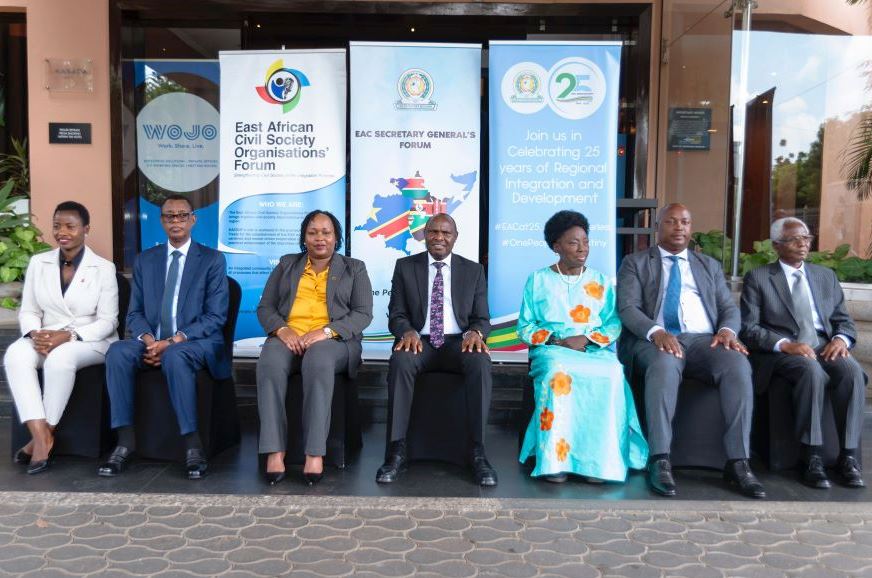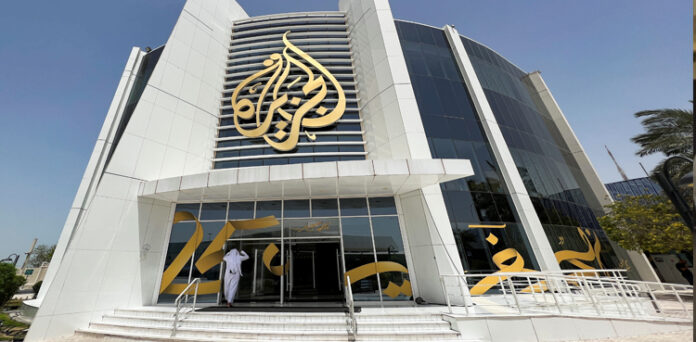The agenda of the 7th Annual East African Community (EAC) Forum focused on reflecting on 25 years of integration through engaging presentations, recorded testimonies, and exhibitions. Participants proposed actionable recommendations for the EAC Secretary-General to present to the Council of Ministers. These outcomes aim to guide the Community toward greater unity and progress
Nairobi recently hosted the 7th Annual East African Community (EAC) Secretary General’s Forum, a pivotal event to foster regional integration and collaboration. Over three days, the forum brought together a diverse group of stakeholders to exchange ideas, share experiences, and craft actionable solutions to strengthen economic and social bonds among EAC member states.
The discussions spanned critical areas, including enhancing economic integration, advancing regional peace and security, progressing toward a political confederation, and amending the EAC Treaty to address the needs of the now-expanded Community. The forum attracted participants from EAC partner states’ governments, private sector organizations, civil society, academia, development partners, and other interest groups. This melting pot of perspectives underscored the commitment to inclusivity and collective action.
Felix Koskei, Chief of Staff and Head of Public Service, represented Kenya as the chief guest. In his remarks, Koskei affirmed President William Ruto’s dedication, as the current Chairperson of the EAC Heads of State Summit, to steering the region toward deeper economic and social integration.
Key Achievements and Milestones
Koskei highlighted significant EAC milestones, including strides in intra-regional trade, infrastructure development, and youth empowerment. “The joint hosting of AFCON 2027 is a testament to our unity,” he said, pointing to the tournament as a springboard for future joint initiatives such as infrastructure projects and social programs.
He also emphasized the importance of transparency and citizen engagement, lauding EAC’s clean financial audits while urging enhanced accountability. Initiatives like the East African Passport were celebrated for easing mobility, with visa exemptions and harmonized immigration policies on the horizon for newer member states like the Democratic Republic of Congo (DRC) and Somalia.
The EAC Single Tourist Visa, introduced in 2014, has fostered seamless travel between Kenya, Uganda, and Rwanda, with plans for broader inclusion. Mutual Recognition Agreements (MRAs) now allow professionals to practice across member states, further harmonizing the region’s labour market.
Progress Through Innovation
EAC Secretary General Veronica Nduva underscored transformative achievements over the past 25 years, particularly through the Customs Union, Common Market, and Monetary Union protocols. “Reduced barriers to trade and enhanced movement of goods, services, and people have unlocked unprecedented growth opportunities,” Nduva remarked.
She celebrated logistical innovations such as the Electronic Single Window System and One-Stop Border Posts (OSBPs), which have slashed transit times and reduced border delays by 70%. Goods now move from Mombasa to Kigali in just three days, down from 21, while Mombasa-to-Kampala transit times have dropped from 18 days to just 4-5 days.
Infrastructure upgrades along the Northern Corridor and a Centralized Monitoring Centre for regional trucking have further streamlined trade flows. Intra-EAC trade has surged from $6.2 billion in 2017 to $13.8 billion in 2023, with trade between EAC and Africa growing from $19.4 billion to $24.4 billion in the same period, spurred by the African Continental Free Trade Area (AfCFTA).
Looking Ahead
The forum’s agenda centred on reflecting on 25 years of integration through engaging presentations, recorded testimonies, and exhibitions. Participants proposed actionable recommendations for the EAC Secretary-General to submit to the Council of Ministers. These outcomes aim to guide the Community toward even greater unity and progress.
As the forum concluded, the message was clear: the EAC’s path to regional integration is a model for collective growth, driven by a shared vision for economic prosperity, social cohesion, and sustainable development.





